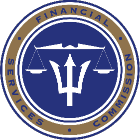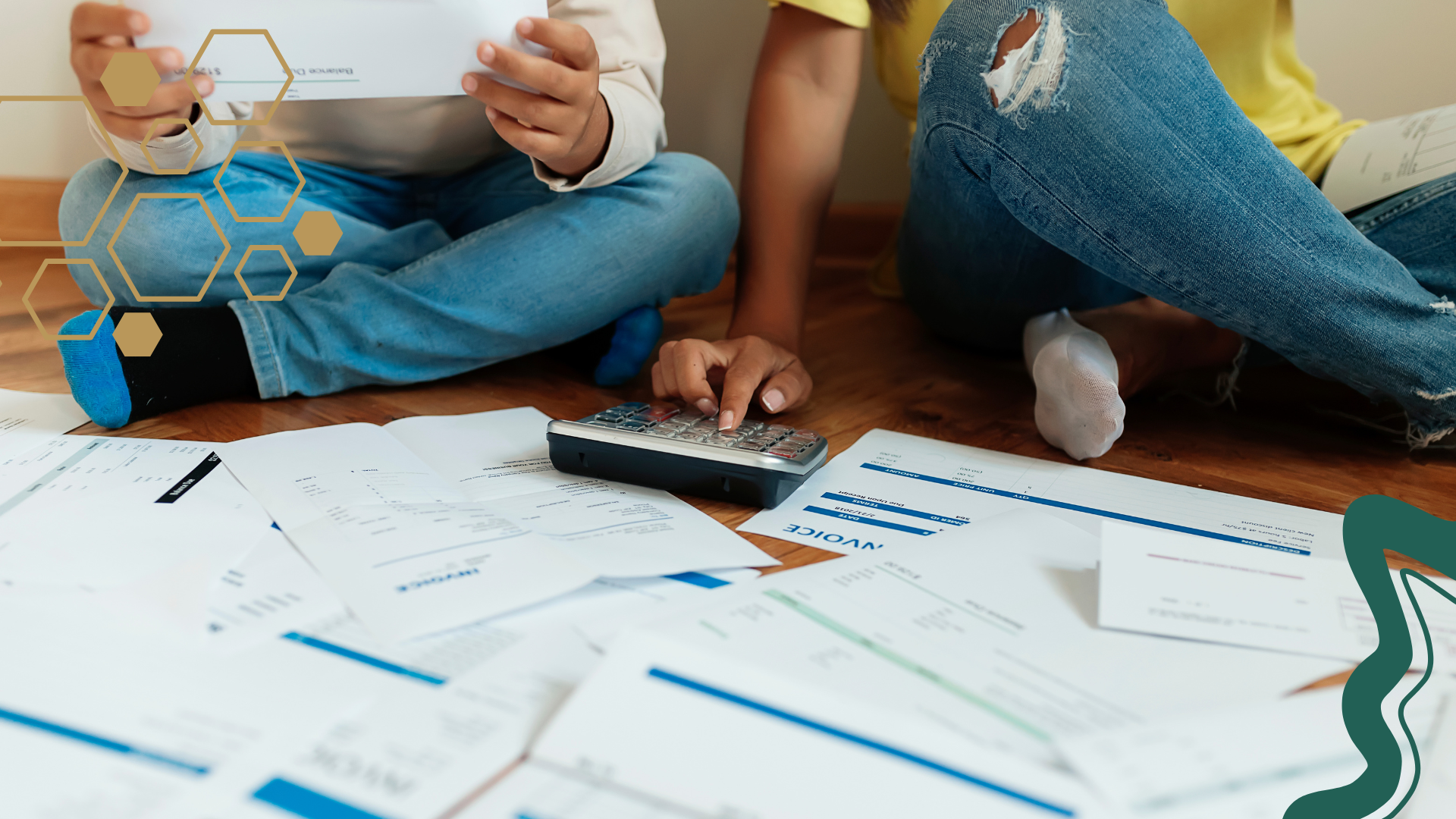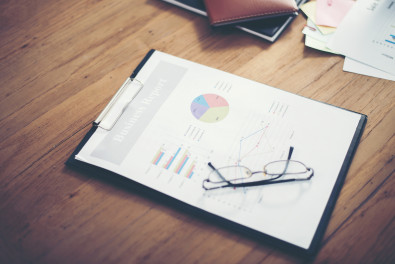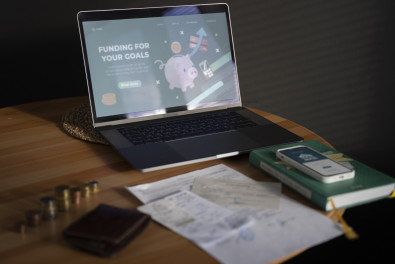

Managing Debt Responsibly
Not all debt is bad but understanding the difference between good and bad debt is an important aspect of financial literacy. Debt can be an excellent tool to help you achieve big goals, like buying a home or paying for education, but if not managed properly, it can lead to financial problems.
Good debt usually refers to debt used to fund investments that will increase in value over time or provide long-term benefits. For example, education loans and mortgages are good debts because they’re used to fund education or buy a house. These are both examples of assets that can appreciate or provide significant returns. However, keep in mind that even good debts need to be managed carefully as they may still become overwhelming.
Bad debt, on the other hand, typically refers to debt used towards non-essential purchases, such as credit card debt for clothes, entertainment or cool gadgets. This type of debt can quickly spiral out of control if not paid off promptly, and it can lead to expensive interest charges that make it harder to get ahead financially. Further, because the items purchased tend not to have any real value the satisfaction that might have been gained tends to diminish quickly.
To avoid falling into the trap of bad debt, always aim to live within your means. If you use credit cards, try to pay off the balance in full each month to avoid interest charges. If you have existing high-interest debt, focus on paying it off as quickly as possible. You might also consider consolidating high-interest debts into a lower-interest loan to help you save money and make it easier to manage.
Debt can be a useful financial tool when used responsibly, but it’s crucial to keep track of how much you owe and avoid using debt to fund lifestyle inflation. If you find yourself overwhelmed by debt, seek advice from a financial professional who can help you create a strategy for managing and paying it down.
Written by Gayle Marshall, Director - Strategic Projects



